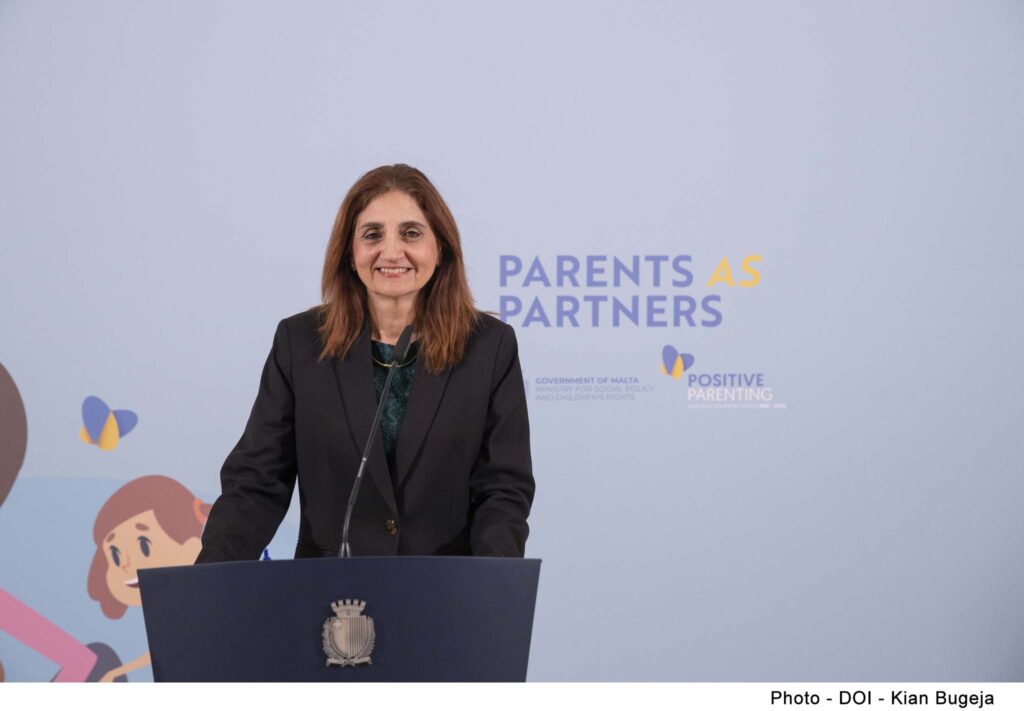There is no doubt that as more time goes by, there is increased research highlighting the unique role and importance that fathers play in child-rearing and development. I am fortunate to have a very hands-on husband, who does his utmost to be an interactive and involved father. I feel that we share a lot of the parental load, and that we do our best to support each other’s dreams. My motivation in writing this article came about when I was noticing other people’s and parents’ reaction to my husband’s high involvement, especially when I was away from home for a few days due to work commitments. It is very interesting that even in this day and age, a lot of people feel astonished as to how men can be the sole caregivers for their children when the mother is, for some reason or another, not present.
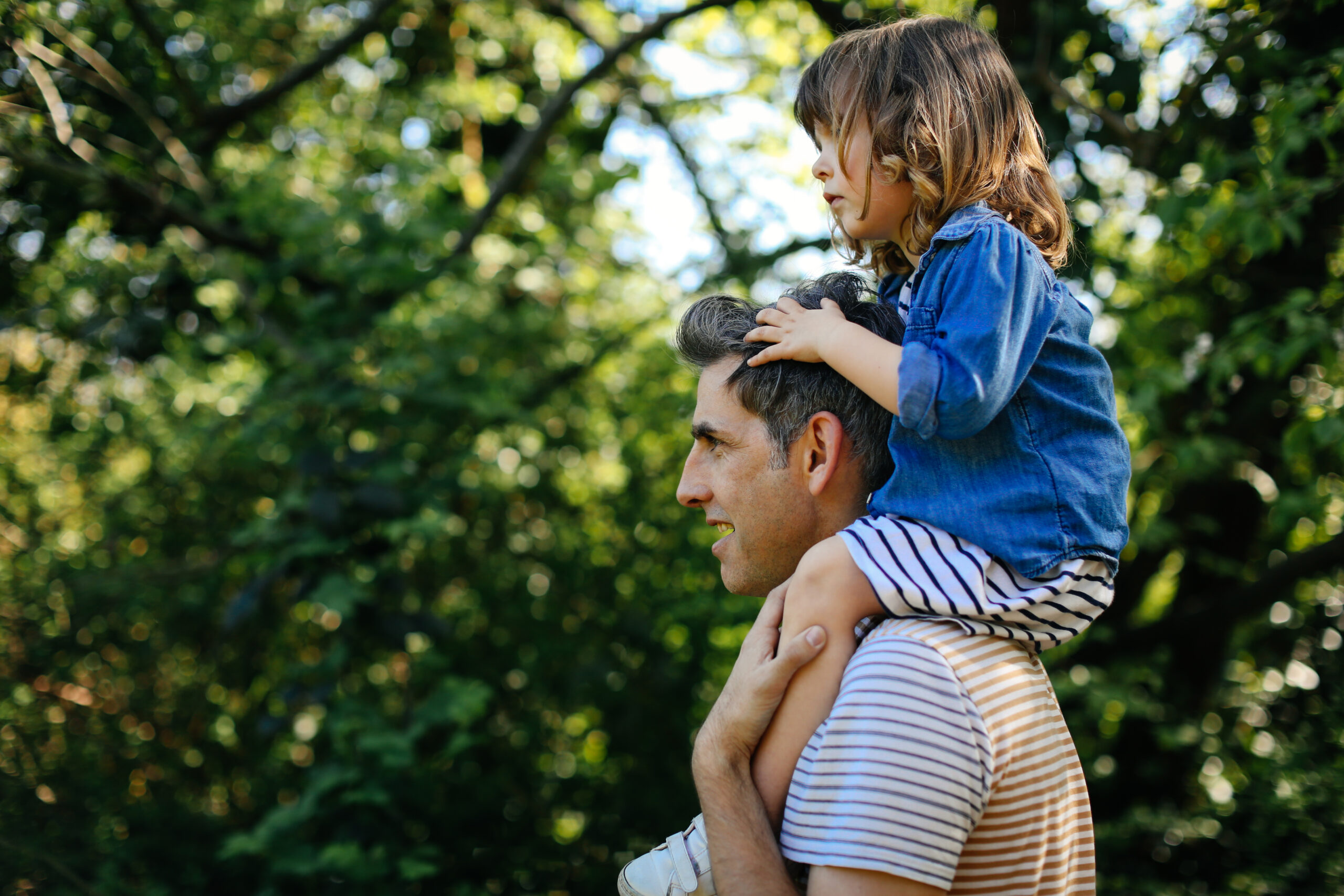
The changing role of fathers over the years
This got me thinking about how much more awareness and psychoeducation can be helpful in order to support increased father involvement. Traditionally, in most cultures, including Malta, fatherhood was more about being the breadwinner and providing for the family, as well as being the strict disciplinarian. In the past, it was more common for children to fear their father and to obey whatever he says without question. Nowadays, society is increasingly attempting to promote a softer side to fathers – by highlighting the value of being more in touch with their emotional side and further nurturing a more playful relationship with their children. In positive parenting, this includes having discipline – yet, this is done in a respectful and communicative manner, by using natural consequences rather than punishments.
Fathers are as important as mums. Increased research continues to show the great benefits of having an involved father and a positive co-parenting relationship. Fathers should not be seen as babysitters, but as parents in their own right with a unique role to offer. A lot of emphasis is placed on the idea that being a mother is something innate and instinctive. Alternatively, one would not generally hear discourse about how fatherhood is also instinctive, and how fathers also experience biological changes, including a decrease in testosterone and an increase in feel-good hormones. Fathers, when open to the role, and when given the necessary support, are as good as parents as mothers can be and can provide a nurturing environment for their children.
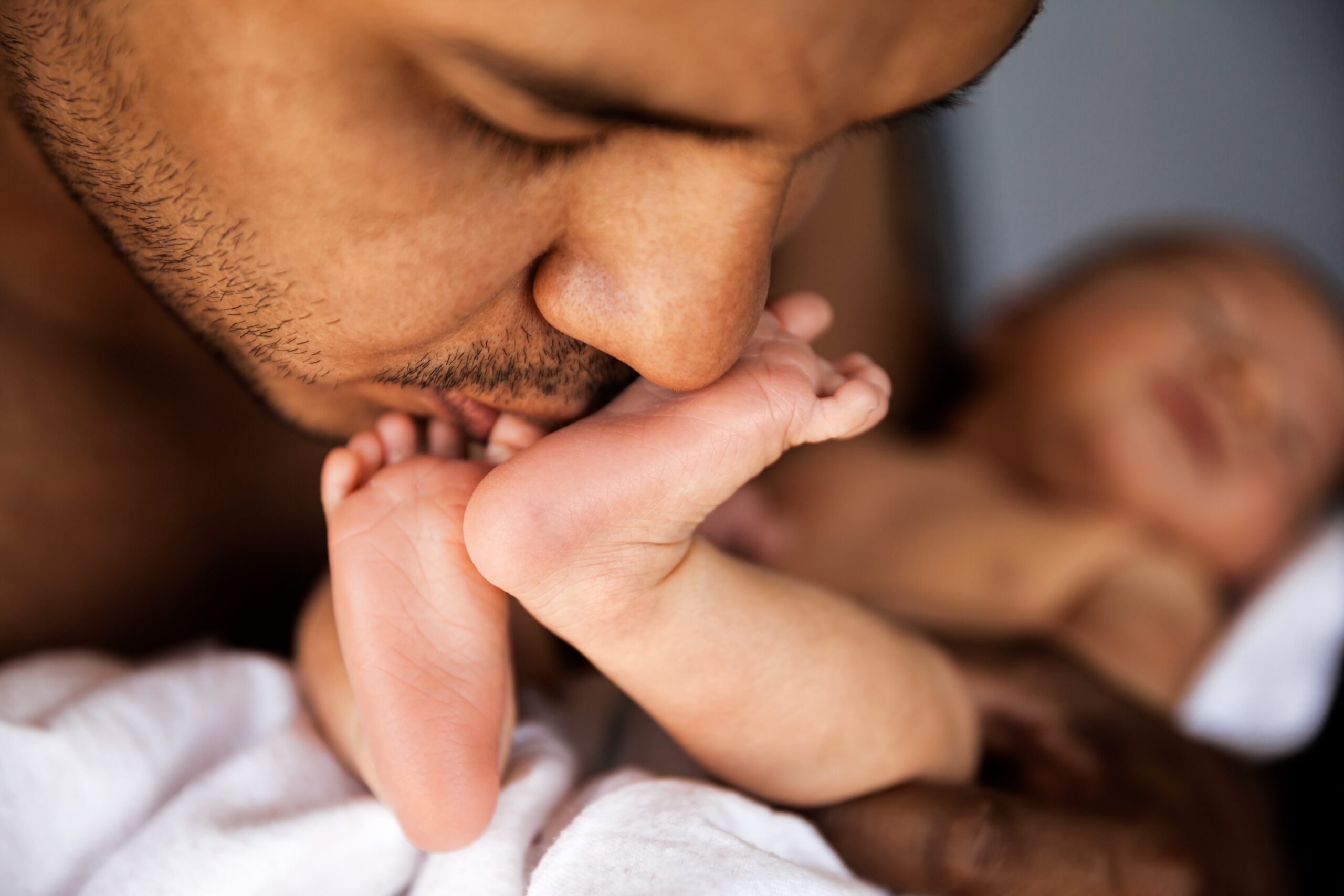
Brain and hormonal changes in fathers
A lot of research and psychoeducational material is usually focused on motherhood. Yet, increased studies are finding how fathers also undergo a lot of changes in their transition to parenthood, including hormonal changes. Fathers are likely to show an increase in the hormone called ‘oxytocin’, which is linked with more gentleness, care and love. Increased contact with the baby is also likely to increase this hormone level in fathers. Alternatively, an increase in oxytocin may be linked with a higher likelihood of sensitive parenting, which is likelier to support the development of a more securely attached father-child relationship.
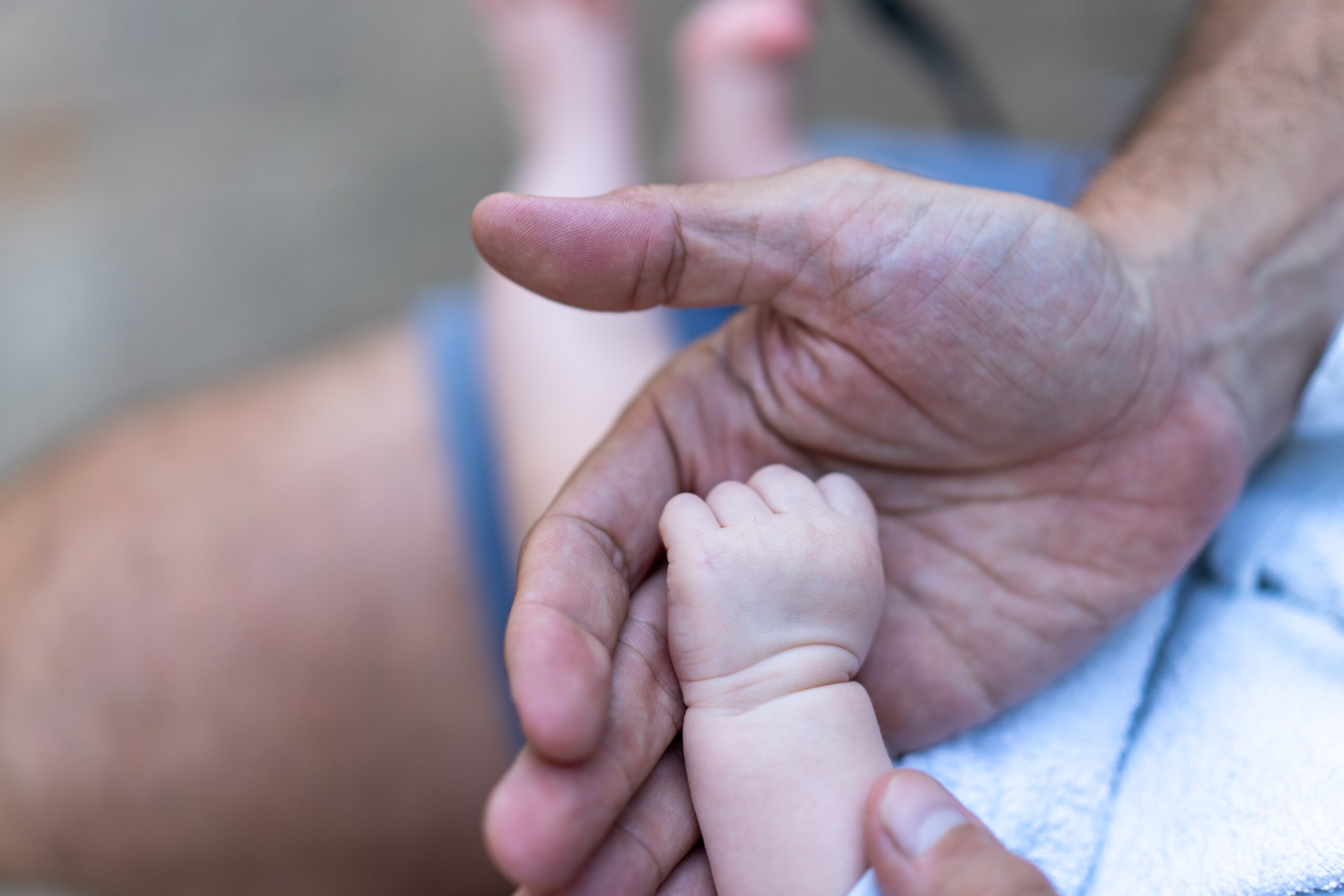
Fathers’ perinatal mental health matters
A lot of awareness is being made on the importance of maternal mental health, especially in the perinatal period, and rightly so. At the same time, more awareness also needs to take place on the importance of paternal mental health- we know that fathers can also experience perinatal depression and other mental health issues during the pregnancy period and in the baby’s first year of life. There is a greater risk of this going undiagnosed as a lot of attention is given solely to the mother and fathers may be less likely to open-up about their thoughts as well as feelings. Nowadays, increased services, including the Perinatal Mental Health Clinic at Mater Dei and the ongoing Perinatal Mental Health Pilot Project, are doing their best to include fathers in the process and to offer as much support to them too! When dads have more support, they are more likely to be better co-parents and more equipped fathers. It is crucial that we continue to increase psychoeducation and support to work towards breaking the stigma of reaching out for help.

Increasing fathers’ presence and active participation in parenthood from the very start
Becoming a father is a big milestone and needs to be taken seriously by continuing to invest in good family friendly policy measures, in order to support the involvement of both parents. Research suggests that fathers influence children’s development and wellbeing, including their language skills, pro-social behaviour (like sharing and turn-taking), ability to regulate emotions, social skills and academic performance.
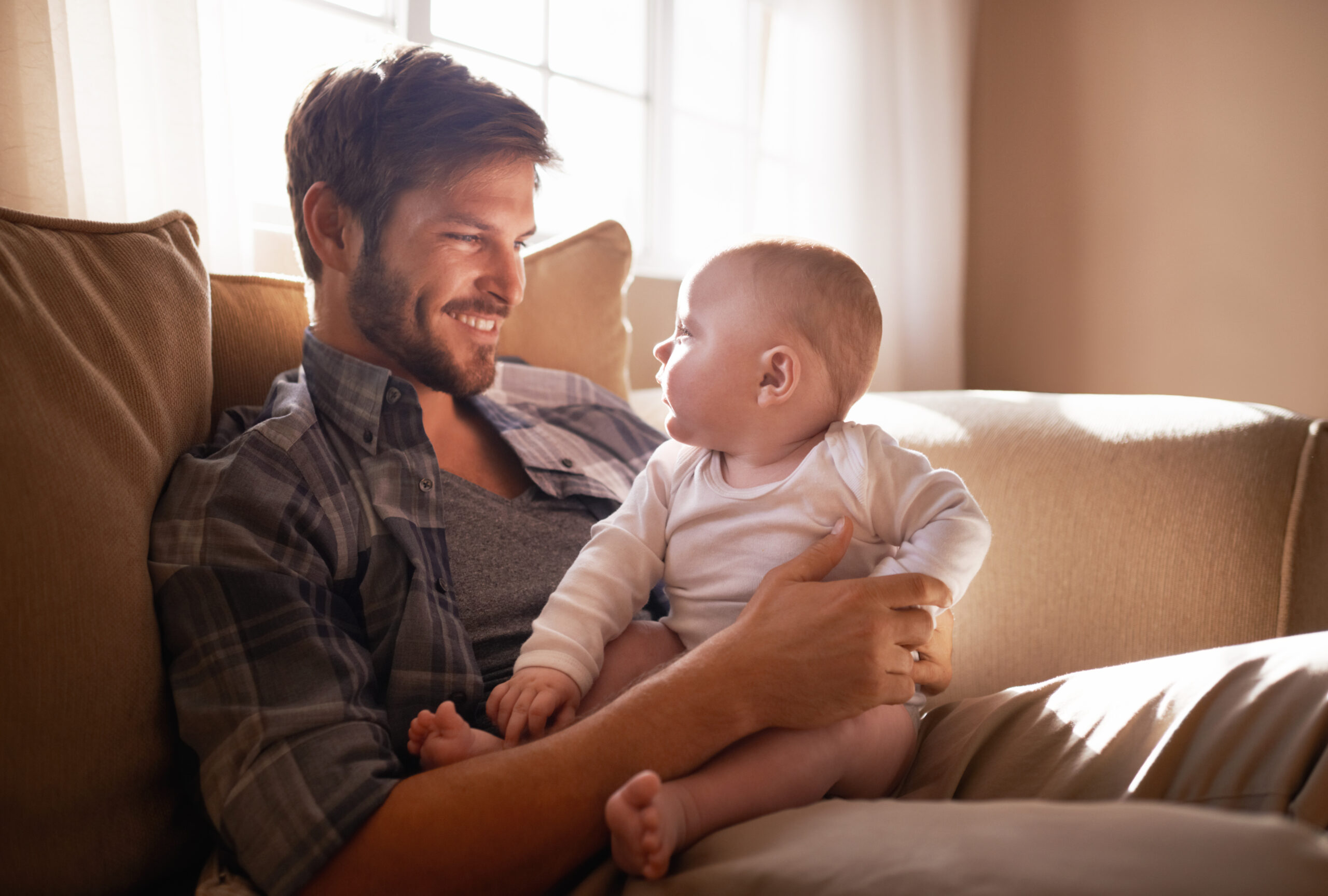
Continuing to provide specialised parenting courses, even at a perinatal stage, whereby the role of fathers is highlighted and encouraged, remains crucial. Developing a secure attachment with the baby can even start while the baby is still in the womb. Fathers are encouraged to talk and sing to the baby, touch the bump and speak with their partners about their dreams of being fathers. Moreover, fathers and mothers are encouraged to reflect on their own upbringing and what they would like to repeat or change as new parents. It is very helpful for parents to communicate about the different parenting roles and lifestyle changes involved in their transition to parenthood.
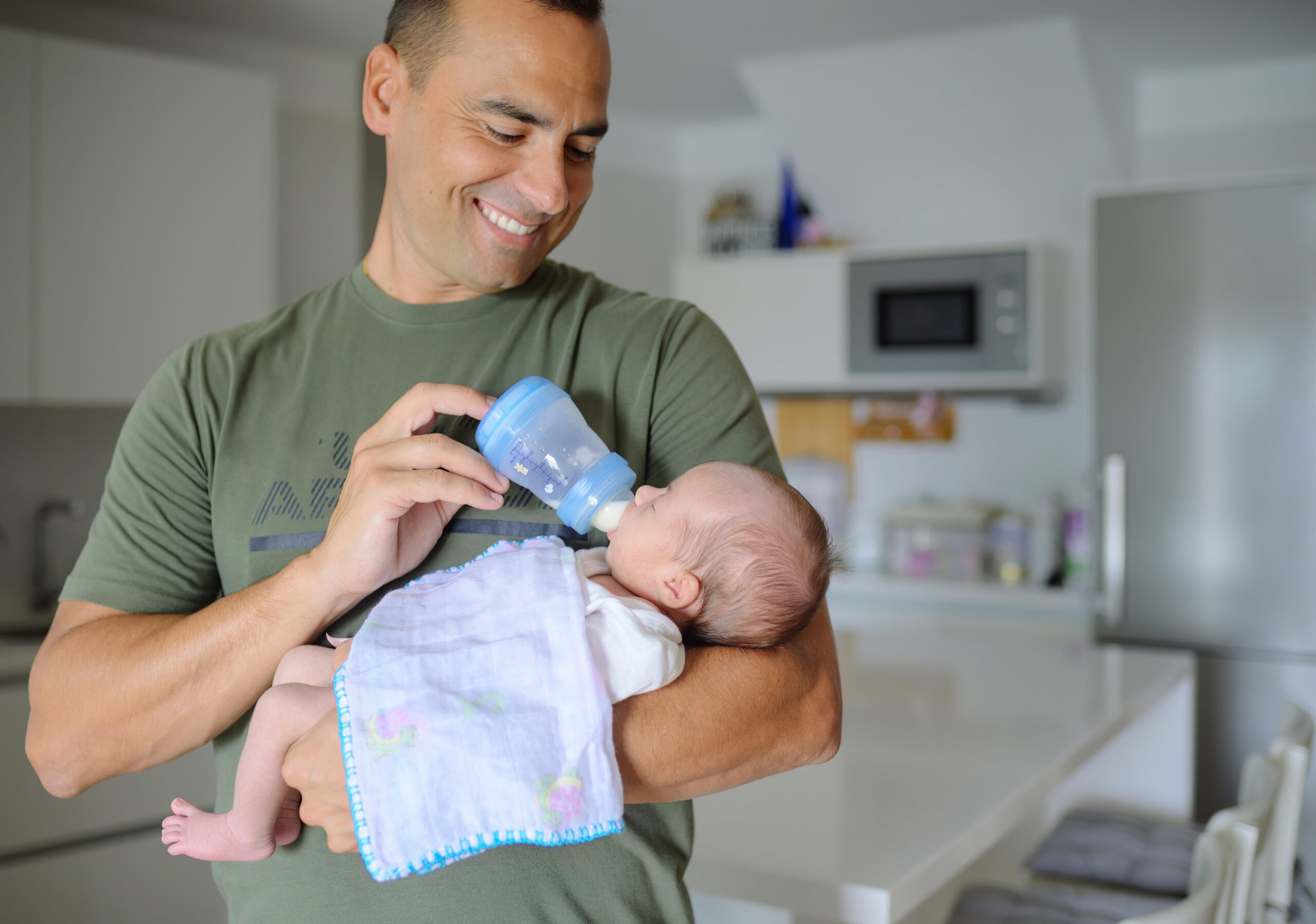
Having more paternal leave increases the chances of fathers becoming more involved in the care of their children, starting from their early days. And we all know how important those early years are! When fathers are more present, mothers have increased chances of being supported (especially when there is effective and ongoing communication), and children are likelier to see both parents in an equal light. Studies are showing that fathers who are more involved in active participation and interaction with their babies, are more likely to show brain network changes – where the parenting role develops and solidifies. Hence, it is not merely the presence of fathers that is important, but their actual involvement and participation. So apart from the valuable caretaking of feeding and bathing, fathers can also be encouraged to play with their babies and children. Play is the language of children and a fantastic medium for learning. The more positive shared interaction there is between fathers and children, the greater the chances of a closer attachment bond to develop. Mothers and family members are encouraged to provide the space and opportunities for fathers to have that one-to-one time with the baby from the very start. Sometimes, unconsciously or unintentionally, mothers may limit how much time fathers can spend interacting with the baby out of fear of them not being as good enough as them or for fear of separation anxiety. Mothers are encouraged to support the father-baby bond by also allowing them to be alone together and letting them get to know one another better. Both parents would benefit from support in their transition to parenthood and its various ongoing challenges. Support is becoming increasingly available and is sometimes also one click away.

Fostering more support for fathers to help in the building of strong and unique bonds with their children
Fathers are capable of building strong and unique bonds with their children, and these can be seen as being distinctively different, at least on some levels, from the mother-children bonds. Apart from the importance of showing care and empathy, fathers are also generally more challenging and encouraging of a diverse range of adventurous activities, which include pushing their children more out of their comfort zone (in a caring and supportive way), and also being more likely to engage in rough and tumble play. This may help children to develop increased psychological resilience and more physical strength.
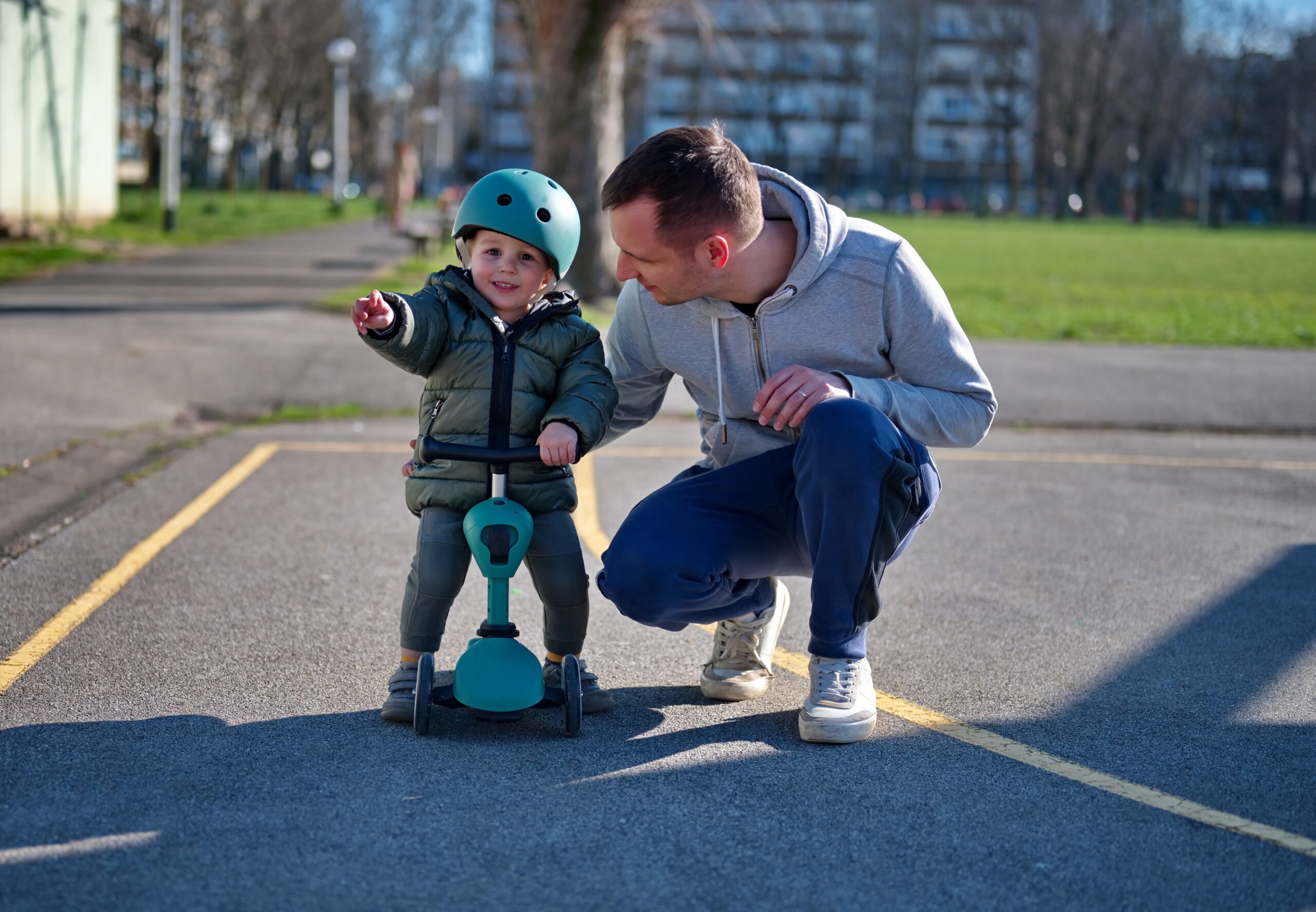
Rough and tumble play is valuable for child development. Generally, mothers may take on more symbolic play and learning activities, while fathers may be seen as playing with their children in a louder and more active way, such as playing aeroplane (throwing children safely up in the air), chasing each other, tickling games and so forth. Such play is usually characterised with plenty of happy shrieks, giggles and excitement. Such type of father-child play supports the development of a closer bond, and has a positive impact on child development.

Fathers remain important even during adolescence
Just like the mother’s role, the father’s role is not only important during the early years, but also in the adolescence phase. Research suggests how having a secure relationship with one’s father helps teenagers to have better mental health, more supportive relationships, higher self-esteem and less anxiety, as well as depression. Fathers can be supportive by being present, spending one-to-one time with the adolescents, being non-judgmental and open for communication, being a good role-model especially when it comes to labelling, containing, and expressing emotions, managing conflict constructively and having a respectful relationship with the co-parent.

The fatherly role can be adopted by significant others who may or may not be biologically related to the children
When for some reason, there is no biological father involved, research indicates that the most vital thing is having the love of any caregiver who meets the emotional, psychological and physical needs of the children. A fatherly role can be taken up by anyone, and not necessarily by the biological father. A true dad is someone who can step in and be present for the best interests of the children. Sometimes a father figure could be a family friend, a teacher, a grandfather or an uncle. Additionally, studies show that LGBT parents can be both ‘mum’ and ‘dad’ figures for their children. Mothers and fathers show different brain networks and changes when interacting with their children, and the same is true for those parents who identify themselves as LGBT. All caregivers benefit from having support from their family and friends, so as to help them fulfil their caregiving role to the best of their ability.
Feel free to reach out to Positive Parenting Malta on Messenger for some creative ideas on what fathers can do with their little ones, children and adolescents. All relationships require love, care and attention to grow and flourish!

Charlene
Clinical Psychologist and Family TherapistClinical Supervisor
